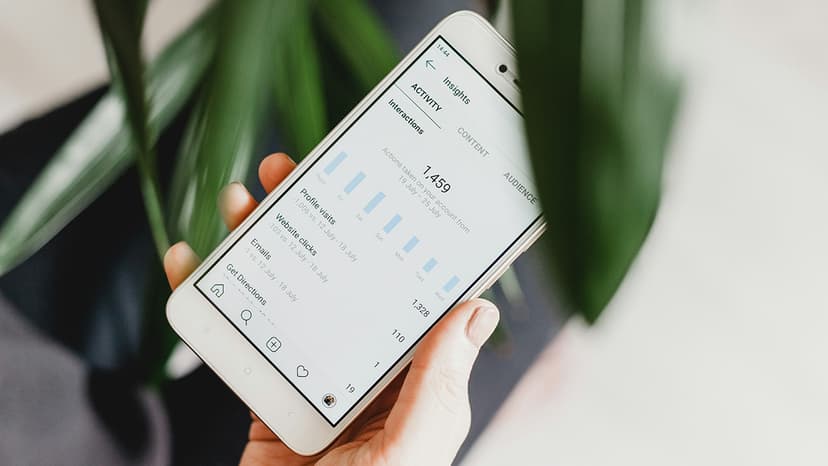Longevity of Hard-Boiled Eggs: A Culinary Conundrum
The lifespan of a hard-boiled egg inside its shell raises interesting questions. Understanding how long these eggs remain safe to eat is essential for culinary practices.
The Science Behind Egg Preservation
What happens during the boiling process? When an egg is boiled, the proteins in the egg white coagulate, transforming into a firm structure. The yolk also solidifies, changing from a liquid to a creamy form.
The shell protects the egg from contamination and external microorganisms. Yet, over time, even this barrier cannot stop all deterioration.
The Countdown Begins: Egg Timeline
Freshly boiled eggs in their shells can last about seven days when refrigerated. To enhance their lifespan, cool the eggs in a cold water bath immediately after boiling. This stops the cooking process and slows down bacterial growth.
In the fridge, hard-boiled eggs can stay good for up to two weeks. As time passes, their taste and texture may decline. Egg whites may become less firm, and yolks may lose creaminess.
Signs of an Egg's Demise: Recognizing Spoilage
As eggs age, some signs indicate spoilage. A strong odor suggests bacterial growth, and a slimy or chalky texture confirms that the egg is no longer good to eat. Discard any eggs that display these signs to avoid potential issues.
Beyond the Fridge: Alternative Storage Options
Refrigeration is standard, but other storage methods exist to prolong the life of hard-boiled eggs.
-
Pickling: Submerging eggs in a vinegar-based solution creates an acidic environment. This method can keep them edible for several months.
-
Oil Preservation: Coating eggs in oil can seal them from air exposure. This technique can extend their shelf life for up to a year.
A Culinary Balancing Act
The longevity of hard-boiled eggs depends on proper storage and environmental factors. Quick refrigeration and alternative methods can provide extended freshness. Regularly inspect eggs for spoilage signs to ensure a safe culinary experience.












